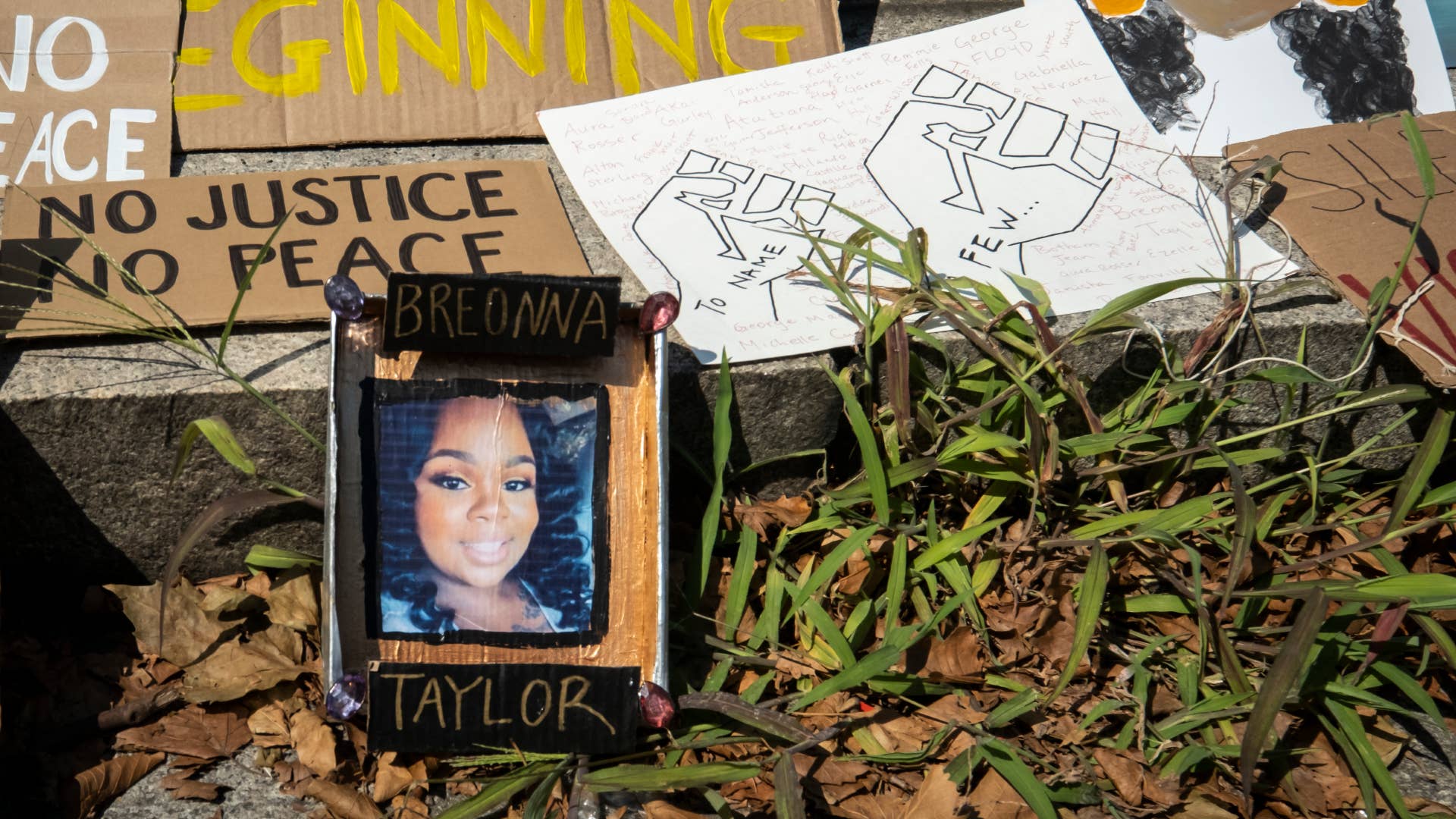
Criminal charges against Kenneth Walker, the boyfriend of Breonna Taylor, could now be permanently dismissed.
According to a report from CBS News, Walker—who was initially charged with assault and attempted murder of a cop—would be unable to be recharged if the judge grant the request found in the motion from the Commonwealth Attorney for Jefferson County in Kentucky. The motion, per the report, will be presented during a hearing set for March 8.
Last year, Walker’s charges were dropped, albeit without prejudice. This meant that he could have potentially been charged again in the future, with prosecutors arguing at the time that further investigation was needed. In the newly reported motion, however, prosecutors stated those investigations are now completed with “no new information relevant to the charges” against Walker having surfaced.
In a statement to regional CBS outlet WLKY, Walker’s attorney Steve Romines reiterated that his client acted in self-defense during the police raid that left Taylor dead and spawned months of nationwide protests aiming to raise awareness on the prevalence of police brutality.
“Kenneth is relieved that, after the worst year of his life, prosecutors have finally acknowledged that he did nothing wrong and acted in self-defense,” Romines said Thursday. “He looks forward to continuing the fight to hold the real wrongdoers accountable for the harm that they’ve caused. Both he, individually, and our community, as a whole, cannot begin the process of healing until that happens.”
Breonna Taylor was killed by police during a botched raid that occurred late in the night back in March of last year. Last month, the Kentucky Senate unanimously passed a bill that would restrict no-knock warrants only to instances in which “convincing evidence” was available that would show someone to be a “violent offender.”


